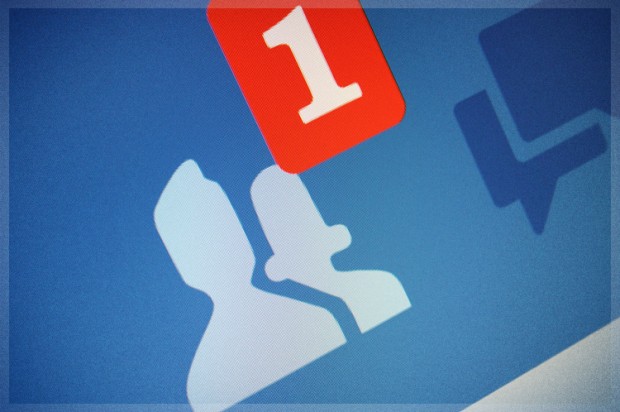On Thursday Facebook introduced a new feature — not a new timeline to infuriate users, or an advertising gimmick that infringes on privacy. Facebook now allows users to select a “legacy contact,” which is almost like a last will and testament for your social media presence.
Should you pass away, the friend of family member you select as your legacy contact will be able to manage your account. Facebook explains:
“Once someone lets us know that a person has passed away, we will memorialize the account and the legacy contact will be able to:
- Write a post to display at the top of the memorialized Timeline (for example, to announce a memorial service or share a special message)
- Respond to new friend requests from family members and friends who were not yet connected on Facebook
- Update the profile picture and cover photo”
If the user gives them permission, the legacy contact will also be able to “download an archive of the photos, posts and profile information they shared on Facebook.”
“Other settings will remain the same as before the account was memorialized,” Facebook explains. “The legacy contact will not be able to log in as the person who passed away or see that person’s private messages.”
There is also the option to have your account deleted when you pass away.
The ability to select a guardian for your online self post-mortem is oddly practical and rather profound; in 2012 there were an estimated 30 million Facebook profiles belonging to the deceased. Facebook has not always been the best at dealing with the deaths of users (many years ago, Facebook would suggest I interact with profiles of two deceased Facebook friends).
Memorials can be created for those who passed away, but the death has to be confirmed with an obituary, death certificate or news article. In 2012 a Huffington Post article explained:
“Usually, family members have to submit an obituary, news article or death certificate to verify the user is dead. But unless there’s a request, the rules on death are rarely enforced on social networks. Facebook allows only the living user of a registered account to have access to it — families can’t get full access to profiles unless there’s documented instruction from the deceased. In a rare case in June, a Wisconsin couple obtained a court order for Facebook to give them access to the personal messages in their 23-year-old son’s account after he committed suicide.”
The new measures seem to expand on the memorial policy, allowing another authorized person to access the profile after death. With so many of us sharing our lives (if not living our lives) on the Internet, now users have the option to let somebody be its steward after death.

